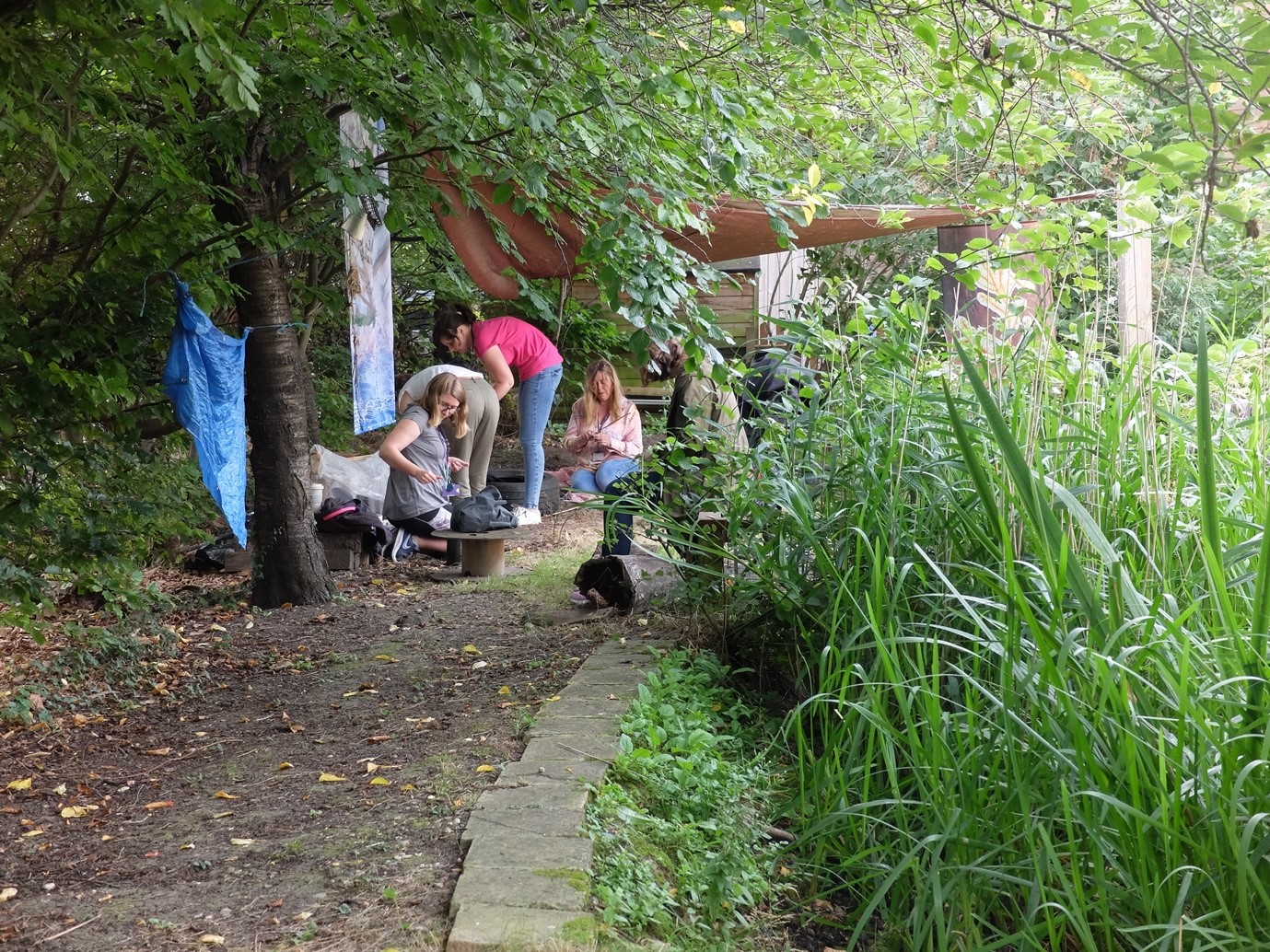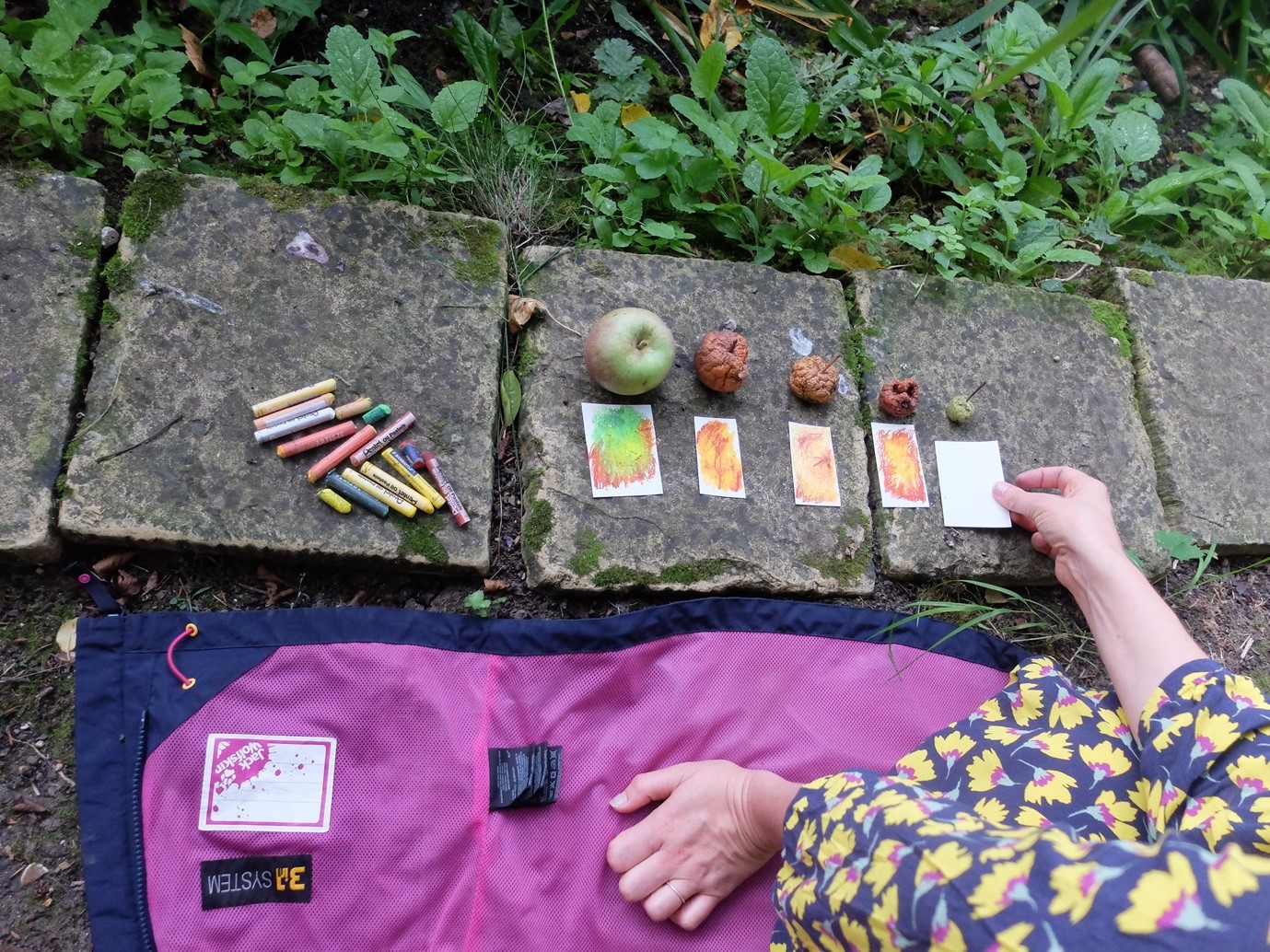How can more schools establish Artscaping opportunities to support positive wellbeing for children and young people in Cambridgeshire?
This was the question our Public Health colleagues in the County Council challenged us with earlier this year when they were able to redirect some funds to the programme. Thanks to this support we’ve been able to create free to access resources and also develop an in school INSET training session for staff teams.


